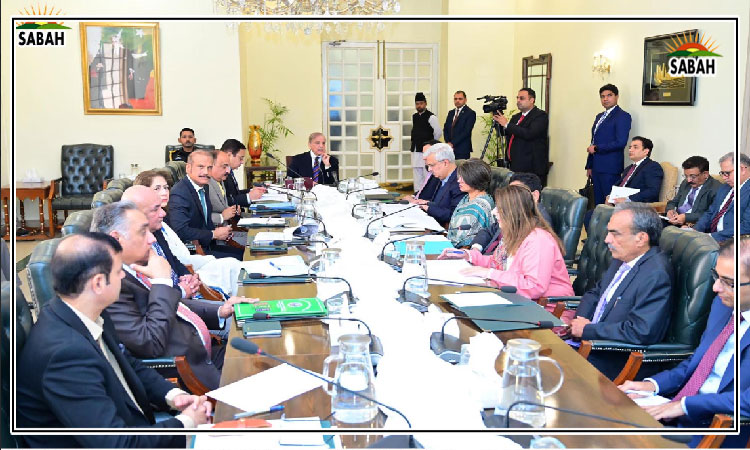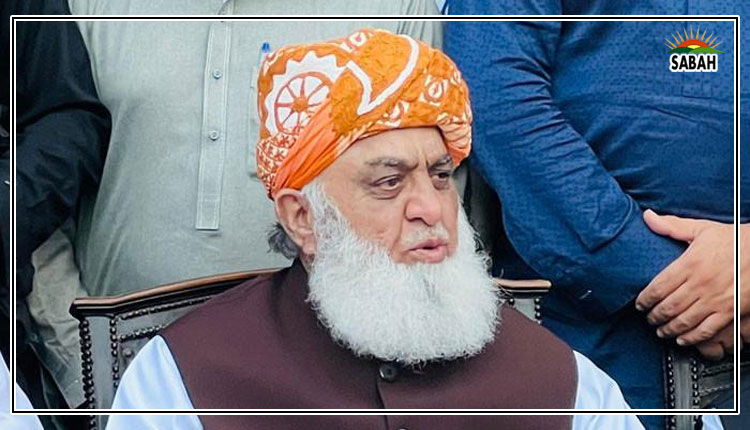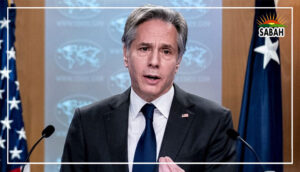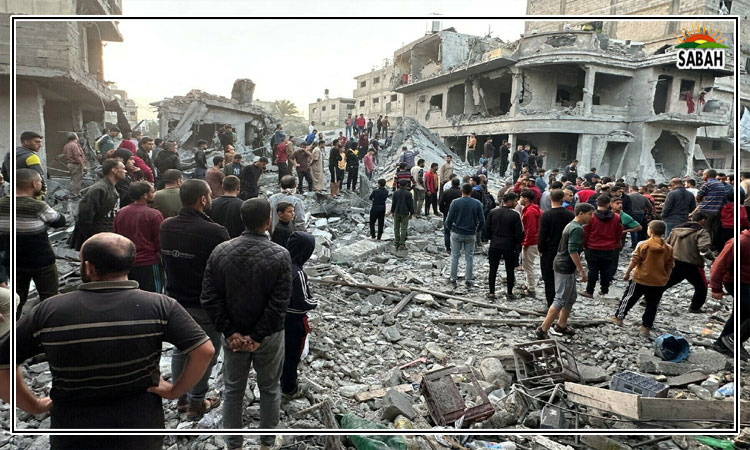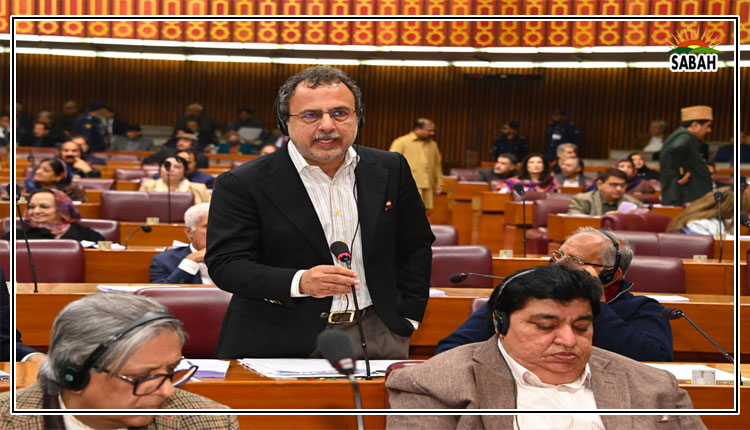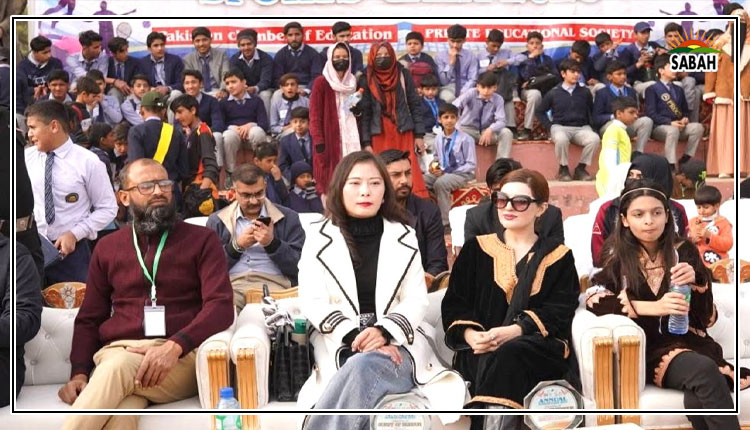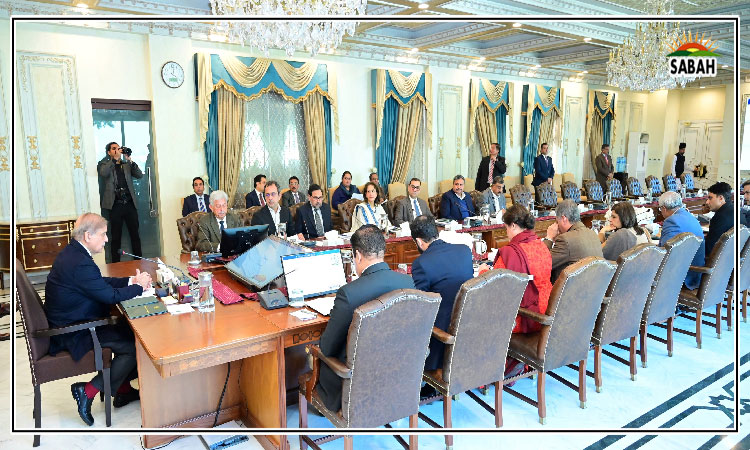Living in the worst of times…Kamila Hyat
Pakistans eighth caretaker Prime Minister Anwarul Haq Kakar has taken the reins of the country at a time when it faces economic, social and political disharmony of the worst kind. Kakars name has also caused a degree of controversy, with the BNP Mengal particularly strong in the opposition to his nomination to the current post while others too are said to be displeased over the choice made by the opposition leader and the former prime minister.
The issue at hand is the future of the country. Kakar has promised fair and free elections but doubts linger as to whether these will actually take place, or whether Kakar, like others before him, will end up being a glorified rubber-stamp for powerful stakeholders in the country.
The reality is that Pakistan has barely known true democracy through its years of existence since 1947. In recent years after three clean and democratic transfers of power from one government to another, we now see the possibility of a disruption in the democratic process although there is of course hope that this will not happen. Much depends on what is decided behind the scenes and also on whether Kakar, chosen as a presentable man acceptable to the world, will act on what he has claimed and ensure transfer of power to a democratically elected government.
It is true that Pakistans governments, elected by the people, have not served the people well. Today we see the result of that: the hyperinflation that has hit virtually every household in the country and the taxation through indirect means the people are subjected to means those from lower income brackets end up paying more while the wealthier in the country get away with paying very little tax.
This is a disaster. Whether that can be corrected is the true challenge for the incoming setup and any setup that takes over after the caretaker government of Kakar leaves the scene. The conjecture that this caretaker government will stay longer than is expected is of course yet to be determined and will eventually decide the future of our democracy.
The reality is that our democracy has been disrupted far too often by interventions. The possibility that Pakistan could have risen further in the ranks as a country able to offer true justice to its people may have been higher had a democratic setup been allowed to function smoothly as for example has been the case for the most part in India.
Of course, this is not to say that anything is perfect in India. The country has many problems. They begin with poverty and now have translated into other issues such as increasing intolerance and hatred. But on the whole India has a literacy rate of nearly 90 per cent and more in some states. This follows the pattern of Bangladesh and other nations which all have a higher rate of schooling than Pakistans sad looking 70 per cent or so. For women, this figure falls to 50 per cent and of course when real is measured the problems are far greater. With literacy measured by the ability to scribble a name on a piece of paper and nothing more than this, many of those capable of writing out their names cannot read the headline of a newspaper.
Pakistan then has a long way to go. It needs good governance if it is to develop and give its people the opportunities they need. In the first place, there must be a setup which allows all children in the country to gain quality education at schools which meet their needs and where they are taught true facts of our history and what can be learnt from it rather than a series of lies and misrepresentations than what has really happened in the seven decades of Pakistans existence.
While real schooling is an urgent need, there are also many others. The question is if we can bring in power a government that can achieve this. Because of the chaos we have seen notably during the often unsavoury events, there are many who are once again calling for a nondemocratic or technocratic government as such governments are labeled. The fact is that such governments have not been able to deliver in the past. We achieved little under Shaukat Aziz who then left the country and the various technocrat caretaker prime ministers who have held office before this. Indeed, in many cases those who do not have their own interests vested in the country, leave for other shores soon as their tenure is over.
So what then is the solution for Pakistan? In fact, is there any solution? The fact is the country must have a continued process of democracy, smooth transitions and democratic spirit visible in both houses. This could perhaps bring up leaders who can offer solutions and ways to bring about change. We know that people exist in the country who are capable of writing up new ideas for Pakistans future. Many politicians and others have already done so.
We need to see many years of clear, healthy transitions so that a new and possibly more competent leadership can emerge. Yes, this is the high road.
It is also the harder route to take than the lower route which offers powers to many nondemocratic players along the way. But it is the only route to take and the only way to ensure that power is transferred without disruption and without constant efforts to bring in so-called caretakers who have little to offer. Only those with interests in the country would have this kind of affection for Pakistan and its future.
We need to support real democracy and nothing other than this. No matter how long it takes, democracy and smooth transfers of power is the only way Pakistan will get the kind of leaders it needs. Yes, this will take time it will take plenty of time. But the time will come when we have leadership that is capable of putting in place some of the most basic steps that we need, such as rule of law and a contract with the people that gives them security and certainty that they will benefit them as citizens of Pakistan.
We are as yet a long way from this goal, but we must move towards it so that our future as a country is secured and people are given the reins they need to hold the country steadily as it moves forward hopefully towards a better place than the one it occupies right now.
Courtesy The News



